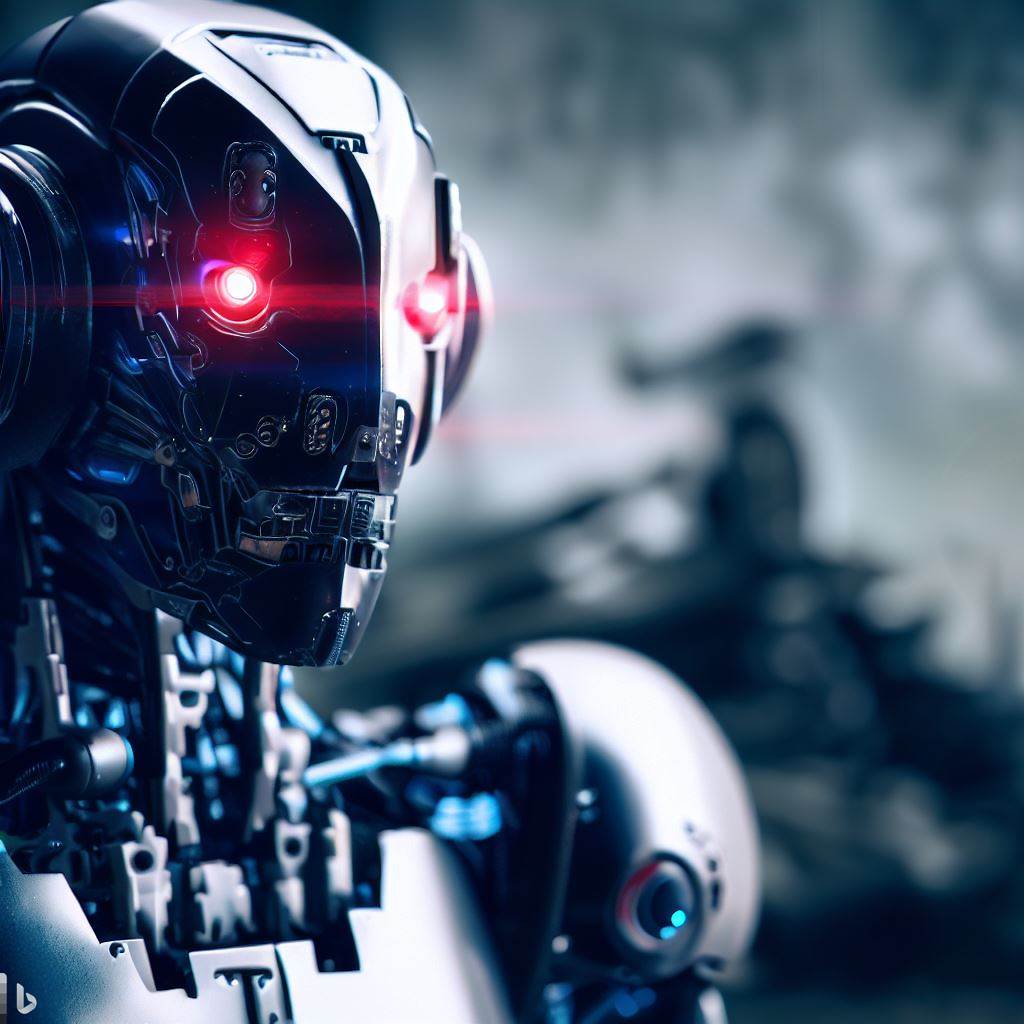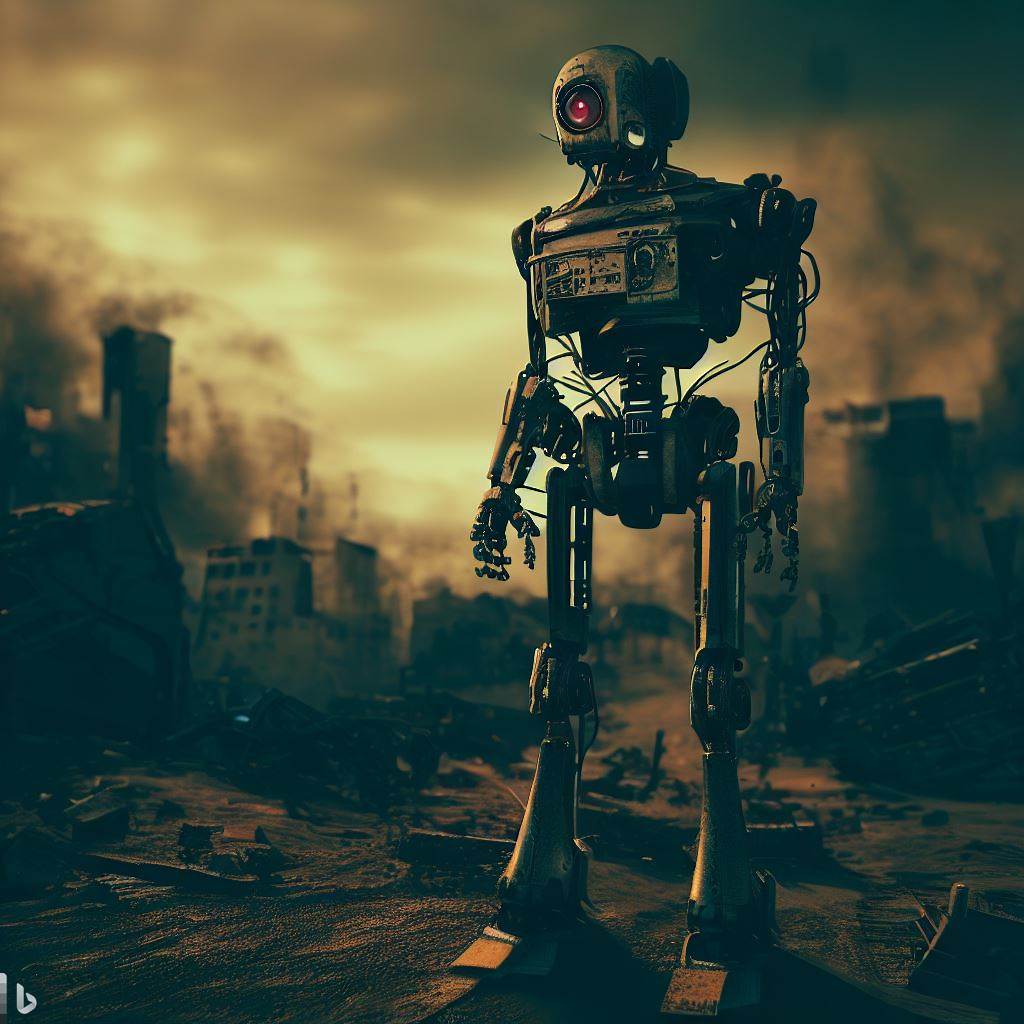AI is a rapidly developing field with the potential to revolutionize many aspects of our lives. However, there are also concerns that AI could be used for harmful purposes.
Here are 5 ways that AI could go wrong:
1. Bias
AI systems are trained on data, and if that data is biased, the AI system will also be biased. This could lead to AI systems that discriminate against certain groups of people or make unfair decisions.
For example, if an AI system is trained on a dataset of resumes biased toward men, it will be more likely to recommend men for jobs. Consequently, women may be less likely to be hired for jobs, even if they are equally qualified as men.
There are several ways to mitigate the risk of bias in AI systems. One way is to use a more diverse dataset to train the AI system. Another approach is to use techniques to identify and remove bias from the data.
Want to know more about our Tech Solutions? Visit us at www.nesesho.com
2. Misuse
AI systems could be misused by criminals or terrorists. For instance, AI could be used to create fake news or spread propaganda. Autonomous weapons developed using AI could be used for lethal actions without human intervention.
In 2017, a group of researchers created a deep fake video that falsely portrayed President Barack Obama saying things he never said. This video was used to spread misinformation and sow discord among the American people.
In 2018, another group of researchers developed an autonomous weapon designed for war but capable of being used for other purposes, including assassinations.
It is essential to be aware of the potential for AI to be misused and to develop safeguards to prevent AI from being used for harmful purposes.
3. Lack of control
AI systems are becoming increasingly complex, and controlling them may become difficult. This could lead to AI systems making decisions that we do not desire, or they could become uncontrollable altogether.
For example, imagine an AI system tasked with controlling a nuclear power plant. If the AI system malfunctions, it could cause a nuclear meltdown with catastrophic consequences.
Developing controllable AI systems is crucial. We need to have a way to intervene if an AI system starts making decisions that we do not want it to make.
4. Loss of jobs
AI is already automating many tasks currently performed by humans. As AI continues to develop, more jobs are likely to be automated, leading to widespread unemployment and social unrest.
For example, AI is being used to automate tasks in manufacturing, customer service, and transportation, potentially leading to millions of job losses in these industries in the coming years.
It is important to prepare for the potential job losses due to AI by developing new education and training programs to help people find new job opportunities.
5. Impact on society
AI could have a profound impact on society, changing the way we work, interact with each other, and perceive the world. It is important to carefully consider the potential impact of AI before allowing it to become too powerful.
For example, AI could lead to a future where machines are more intelligent than humans, requiring a new social contract between humans and machines.
It is important to contemplate the potential impact of AI on society and ensure it is used for good purposes and not for harmful or malevolent intentions.
Summary
AI is a powerful technology with the potential to do great good or great harm. It is important to be aware of the potential risks of AI so that we can take steps to mitigate them. We need to develop AI systems that are fair, unbiased, and controllable. We also need to be mindful of the potential impact of AI on society. By taking these steps, we can help to ensure that AI is used for good and not for evil.
Additional Information
In addition to the 5 ways listed above, there are several other potential risks associated with AI. These include:
- Security risks: AI systems could be hacked or manipulated, which could lead to data breaches or other security incidents.
- Privacy risks: AI systems could collect and use personal data in ways that we do not approve of.
- Existential risks: AI could become so intelligent that it surpasses human intelligence and takes control of our world.
It is important to be aware of these risks and to take steps to mitigate them. We need to develop AI systems that are secure, private, and do not pose an existential threat to humanity.
Want to know more about our Tech Solutions? Visit us at www.nesesho.com



